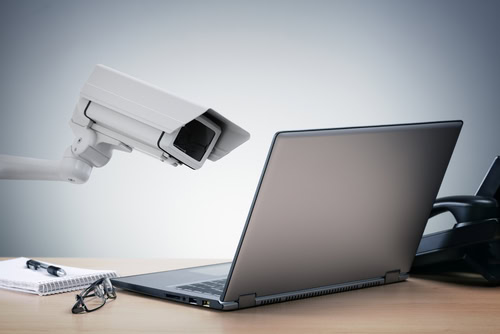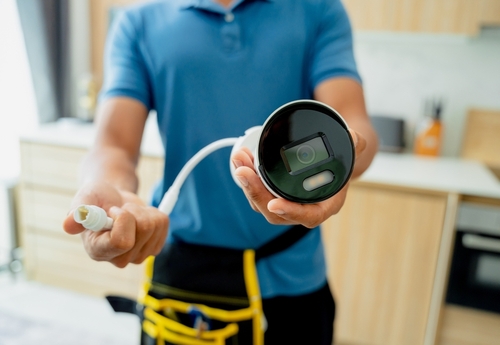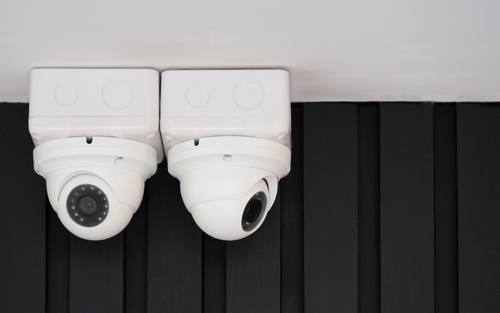
Why Choose CCTV Cameras with Motion Sensors?
June 8, 2023
Things You Didn’t Know Your CCTV System Could Do
July 25, 2023The Pros and Cons of Wireless CCTV Cameras
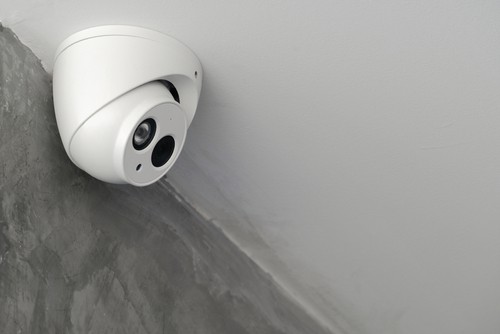
Pros and Cons of Wireless CCTV Cameras
What are the pros and cons of wireless CCTV cameras? In today’s high-tech era, the security of our homes and businesses has leaped forward with innovations such as wireless CCTV cameras.
These devices offer a streamlined, flexible, and efficient way of monitoring premises, bringing peace of mind to users worldwide.
However, wireless CCTV cameras have their advantages and disadvantages. This article explores these in detail to help you make an informed decision.
Table of Contents
Advantages of Wireless CCTV Cameras
Easy Installation
- No Cabling: Unlike wired systems, wireless cameras do not require extensive cabling. You only need to mount them and ensure they’re within the range of your wireless router.
- Flexibility: With no cables to worry about, you can place the cameras anywhere you desire indoors and outdoors.
Scalability
Wireless CCTV systems are incredibly scalable, making them suitable for both small and large installations.
- Easy Addition of Cameras: Adding new cameras to a wireless system is straightforward, as you don’t need to connect each one with cables.
- Suitability for Various Premises: Whether it’s a small apartment or a large office, wireless CCTV systems can easily adapt to your specific needs.
Smart Features and Connectivity
Modern wireless CCTV cameras offer a host of smart features that increase their functionality and usability.
- Remote Access: Many models allow you to view live footage from your cameras via smartphone apps or computer software, no matter where you are.
- Motion Detection: This feature sends you alerts when the cameras detect movement, providing real-time security updates.
- Integration: Wireless cameras often integrate well with other smart home devices, enhancing your overall home automation system.
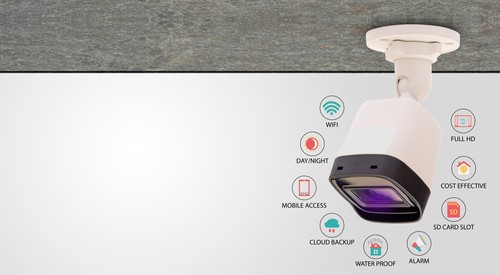
Reduced Physical Vulnerability
Wireless CCTV cameras bring a degree of robustness that hardwired counterparts may lack.
- Resistance to Physical Tampering: Wireless cameras are less vulnerable to physical tampering, with no visible cables that can be cut or manipulated.
- Resilience in Adverse Conditions: Depending on their design, wireless cameras can withstand challenging weather conditions when installed outdoors, making them ideal for varied climates.
Cost-Effectiveness
Over time, wireless CCTV cameras can prove to be a cost-effective security solution.
- Lower Installation Costs: There’s no need for lengthy wiring or professional installation so that the upfront cost can be significantly less than wired systems.
- Reduced Maintenance: Wireless systems often require fewer components, leading to potential savings over time.
Disadvantages of Wireless CCTV Cameras
Despite their many advantages, it’s also important to consider the potential drawbacks of wireless CCTV cameras.
Dependence on Wi-Fi
One significant drawback is their reliance on Wi-Fi.
- Network Issues: If your Wi-Fi network is unstable, it can affect the functioning of your CCTV cameras, causing them to drop the connection or deliver poor-quality footage.
- Bandwidth Usage: High-definition cameras can consume significant bandwidth, potentially slowing down your internet speed for other devices.

Risk of Hacking
Wireless systems are susceptible to hacking, which poses a security risk.
- Cybersecurity Threats: If not properly secured, hackers could potentially gain access to your video feeds.
- Privacy Concerns: A compromised camera could invade your privacy or expose sensitive information in a business setting.
Limited Range
Wireless cameras also have a limited range, which can affect their placement and performance.
- Distance from Router: The farther a camera is from your router, the weaker the signal, which may lead to lower-quality footage or disconnections.
- Obstructions: Walls, floors, and other obstructions can also reduce a camera’s wireless range and performance.
Choosing the Right CCTV Supplier and Installation in Singapore
When it comes to the security of your home or business, selecting the right CCTV supplier and installer is a critical decision.
The right choice guarantees high-quality products and expert installation and ensures your specific security needs are met effectively.
Here’s a guide to help you make an informed decision when looking for a CCTV supplier and installer in Singapore.
Factors to Consider When Choosing a CCTV Supplier
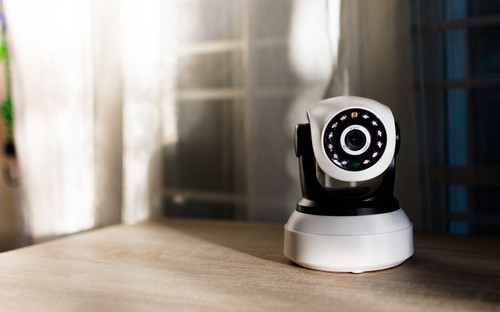
Range of Products
A quality CCTV supplier should offer various camera systems to cater to diverse customer needs.
- Different Camera Types: Look for a supplier that offers a range of camera types, such as dome, bullet, PTZ (Pan-Tilt-Zoom), and hidden cameras.
- Wireless and Wired Options: Your supplier should provide both wired and wireless options, as each has unique advantages.
- Accessories and Additional Equipment: Your CCTV supplier should also provide accessories like connectors, cables, power supplies, and storage devices.
Quality of Products
The quality of CCTV products can significantly impact your security system’s effectiveness.
- Resolution: Cameras with higher resolution provide clearer images, which is crucial for identifying faces or license plates.
- Durability: Cameras that withstand harsh weather conditions are necessary for outdoor installation.
- Brand Reputation: Well-known and reputable brands provide high-quality and reliable products.
After-Sales Support
Post-purchase support is essential in ensuring the longevity and effectiveness of your security system.
- Warranty: Look for a supplier who offers a significant warranty period on their products.
- Technical Support: The supplier should provide technical support to assist with any issues or queries you may have after installation.
- Maintenance Services: Regular maintenance checks can prolong the lifespan of your CCTV system.
Selecting the Right CCTV Installation Service

Experience and Expertise
When choosing a CCTV installer, consider their experience and expertise in the field.
- Years in Business: Companies with a long history in the business often have more experience and expertise.
- Certifications: Professional certifications can attest to an installer’s competence in installing and servicing CCTV systems.
- Portfolio: A strong portfolio showcasing past installation projects can provide a good sense of their capabilities.
Installation Services
The services provided by the installer can make the installation process smooth and hassle-free.
- Site Survey: The installer should conduct a site survey to understand your premises and determine the best camera positions.
- Customization: A good installer will tailor the CCTV system to your specific needs and preferences.
- Training: The installer should provide training on how to use and maintain the CCTV system.
Customer Reviews and Ratings
Customer reviews and ratings can provide insight into an installer’s reliability and professionalism.
- Positive Reviews: Look for installers with a majority of positive reviews.
- Responsiveness: Reviews can also indicate how responsive the installer is to customer inquiries and complaints.
Selecting the right CCTV supplier and installer involves evaluating the range and quality of products, the level of after-sales support, the installer’s experience, the services they provide, and their customer reviews.
Making the right choice ensures you receive a high-quality, reliable, and effective CCTV system tailored to your needs.
The Pros and Cons of Wireless CCTV Cameras – Conclusion

Wireless CCTV cameras offer many benefits, such as easy installation, scalability, and smart features.
However, they also have drawbacks, such as dependence on Wi-Fi, hacking risks, and range limitations.
When considering whether to invest in wireless CCTV cameras, it’s crucial to weigh these pros and cons against your specific needs and circumstances.
If you’re looking for a trusted CCTV supplier and installer in Singapore, look no further.
At SingaporeCCTV.com, we pride ourselves on offering high-quality products, expert installation services, and exceptional customer support.
Contact us today and let us help secure your home or business!

